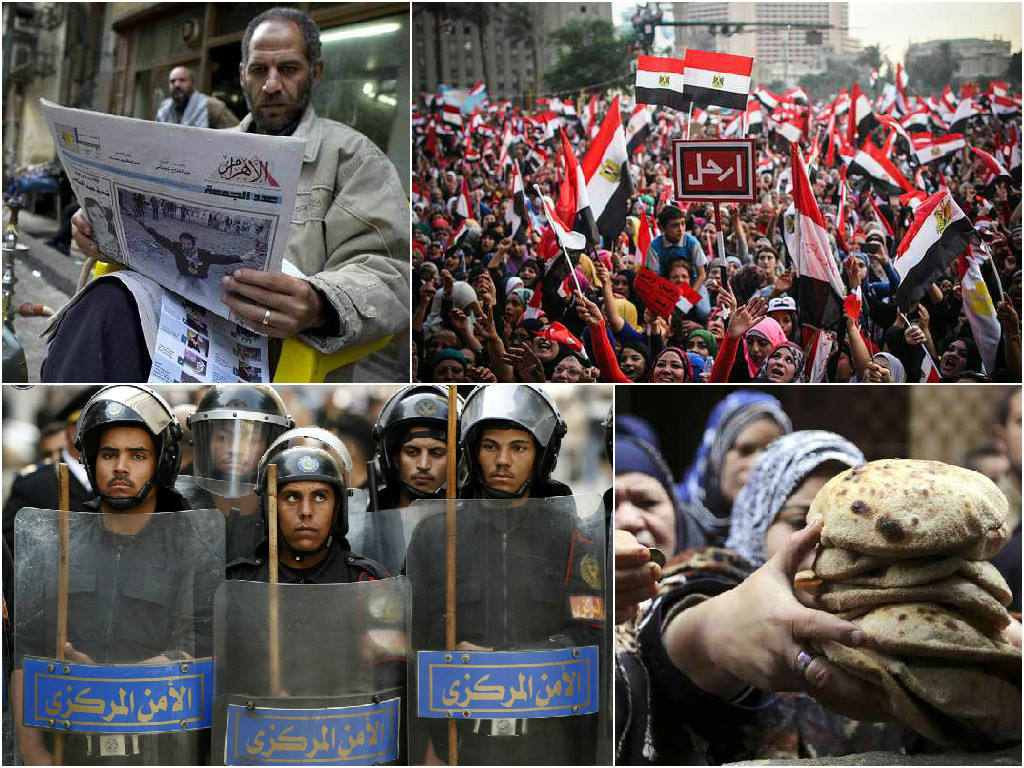What is it like to be a foreign journalist in Egypt? With journalists behind bars, sexual harassment on the rise, and violence often breaking out at demonstrations, it has often been said that Egypt is no longer the safe haven it once was for foreign journalists. How true are these claims? Egyptian Streets asked five foreign journalists to share their experiences on being a journalist in Egypt since the January 25 revolution in 2011. Patrick Kingsley, The Guardian Egypt Correspondent Egyptian journalists face many more dangers and pressures than their foreign counterparts here. They’re under far more pressure from editors and officials to stick to the party line, and if they get arrested, they haven’t got an embassy to help them out of trouble. That said, foreign correspondents do in my experience face two kinds of danger. The first is the generic danger you face when working in public spaces, either to interview people in cafes, or to cover protests. In both cases, you risk arousing suspicion from passers-by or the police – and when you’re at a demonstration, you risk being shot. I’ve come under fire a few times…



